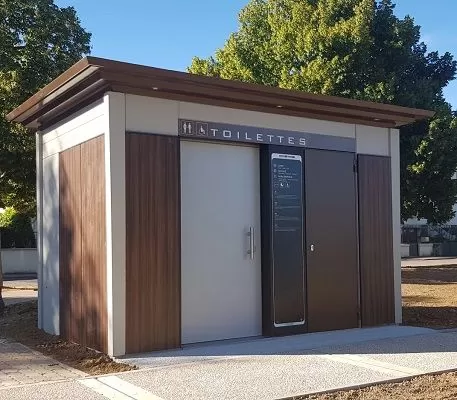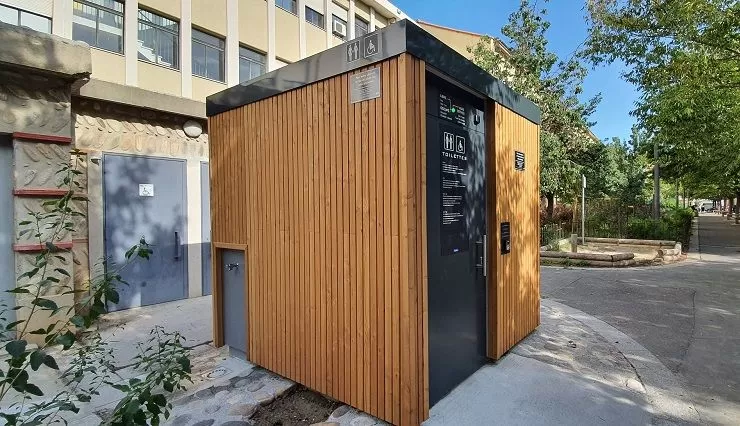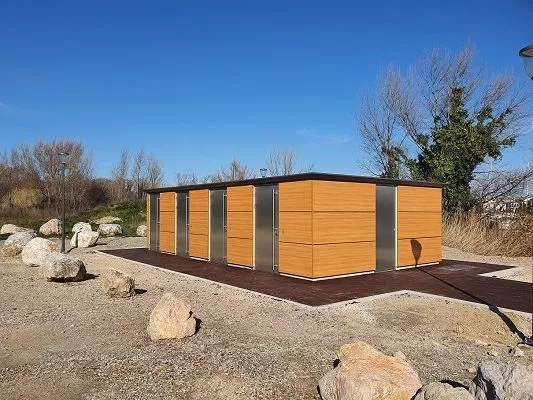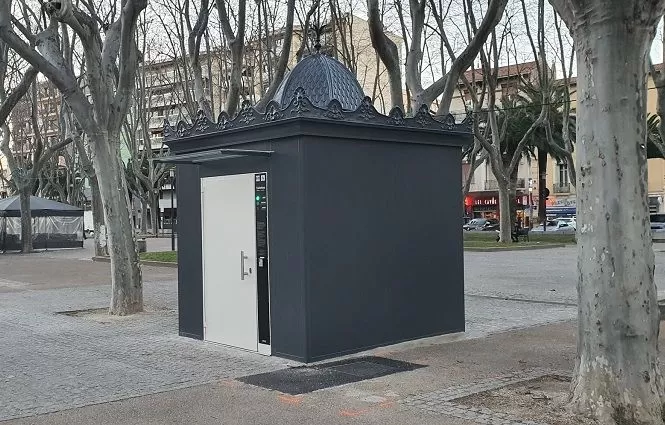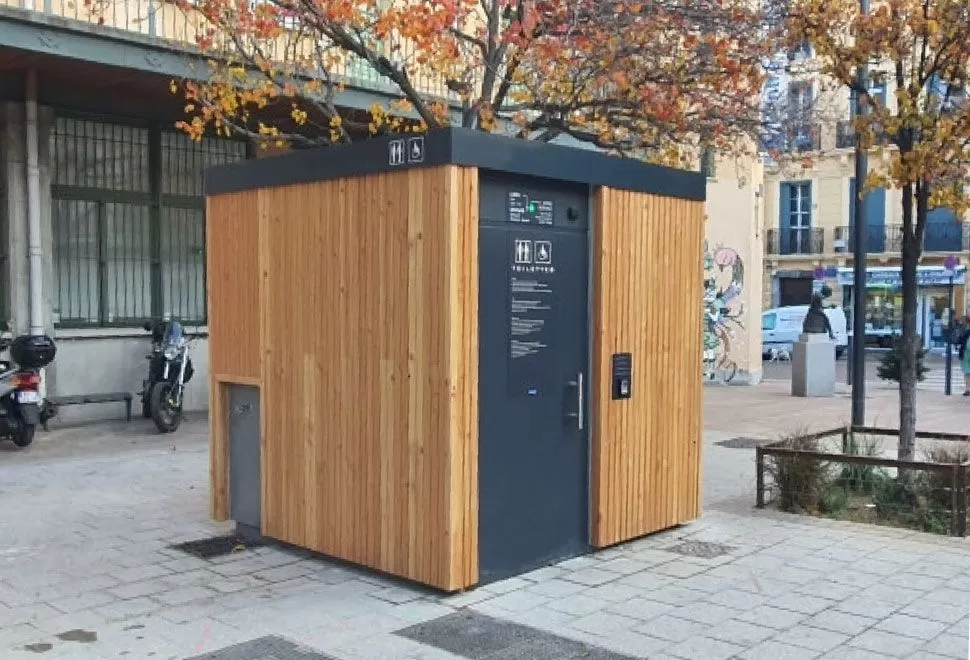The phenomenon is well known: the cleanliness of public toilets stops at the handle. The Covid-19 epidemic prompted local authorities and manufacturers of public toilets to redesign their facilities in order to improve general hygiene, to regain public trust and to mitigate the risk of epidemics.
Public toilets: vectors of contamination ?
It is not unusual for public toilets to be dirty. Good hygiene is essential, both for user comfort and to reduce the risk of germs being spread.
Many scientists are sounding the alarm regarding the need to improve the designs of public toilets and other toilet blocks. These include door handles and the lack of disinfection in public toilets.
Door handle
An Ifop survey conducted in early 2020 showed that 29% of French people say they don't wash their hands after using the toilet. The problem is that these people pass on the germs on their hands when using the door handle of public toilets.
The majority of toilet blocks require the area to be opened and closed manually. What is more, 75% of users prefer to use their elbow to avoid any risk of being contaminated by someone who hasn't washed their hands.
Lack of disinfection
Not all public toilet manufacturers design self-cleaning toilets. This means that many users end up using soiled toilet blocks. In some cases the cubicles can become completely unusable! However, the lack of disinfection in some public toilet cubicles makes them breeding grounds for microbes, which can contribute to the spread of epidemics.
Fortunately, most of these cases concern older models of public toilets.
How can hygiene in public toilets be improved ?
The Covid-19 health crisis highlighted the hygienic shortcomings of public toilets, their potential role in the spread of viruses and in the protection of their users. This has prompted public authorities and public toilet manufacturers to look for solutions to reduce the risk of contamination.
A number of ideas are being considered, such as reducing the number of items that have to be handled, to automatic disinfection after each use. Will public toilets of the future be hyper-connected?
Reinventing the handle
It is undoubtedly the handle which needs to be redesigned first. The goal is to reduce the number of times the handle is touched in order to reduce the risk of contamination from people who have not washed their hands.
How can public toilet handles be redesigned? Several solutions can be put forward: there are handles that can be pushed forward with the elbow, and also models that are self-disinfecting through the application of a product after each use, as well as continuous disinfection by black light.
Sensor-operated taps
It is of course essential to wash your hands (properly) after each trip to the toilet. However, taps are generally soiled by the users who operate them, nobody bothers to clean them with soap.
Also with the aim of reducing physical contact with potentially contaminating items in toilet blocks, manufacturers of public toilets are increasingly including sensor-operated taps in their product ranges. These systems are equipped with timers activated by motion detectors. Users no longer need to touch the tap to wash their hands! The same systems are also used for soap dispensers.
Standardising the use of self-cleaning toilets
Lastly, as we mentioned earlier, lack of disinfection is a recurring problem in public toilets. Fortunately, self-cleaning models, which are automatically disinfected in their entirety after each use, are becoming increasingly popular.
The arrival of the Coronavirus pandemic highlighted the need for impeccable hygiene in public toilet facilities. As a result of this, self-cleaning toilets are set to become even more widespread in public spaces.
Francioli's commitment to public toilets
Francioli, the French manufacturer of public toilets, is committed to designing products that meet all hygiene and accessibility standards in force.
For years we have been designing state-of-the-art self-cleaning toilets and sanitaryware featuring innovative equipment and coatings to improve physical safety and hygiene.
Whether you're looking for public toilets, single-cubicle toilet blocks, integrable cabins or modular toilet units, our products are carefully thought out and designed to ensure lasting comfort and hygiene for their users.


